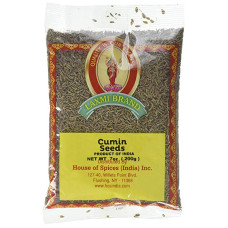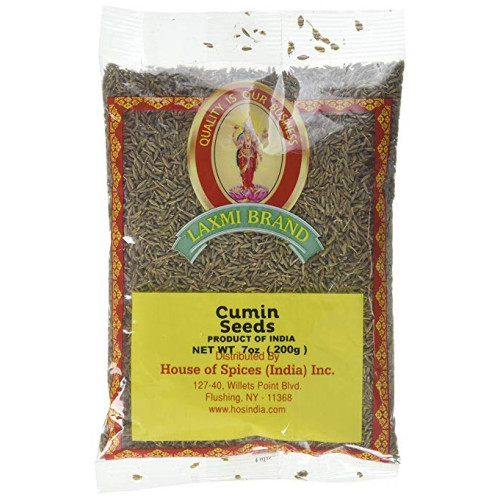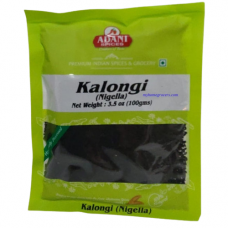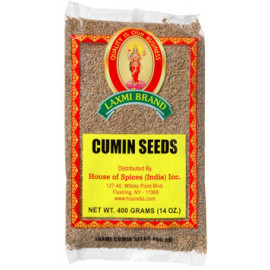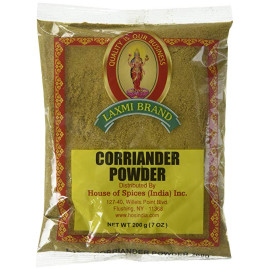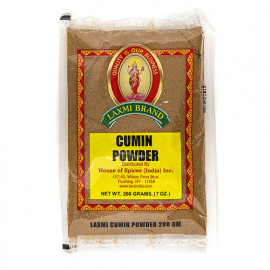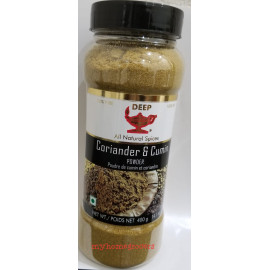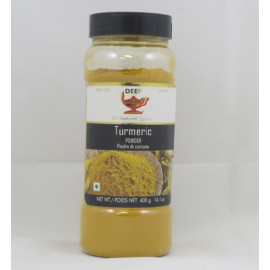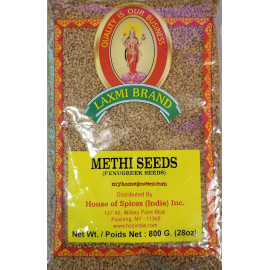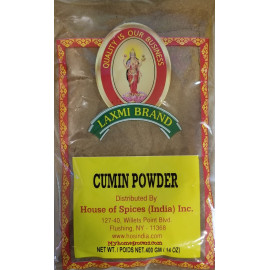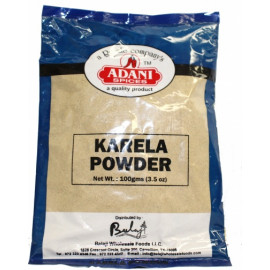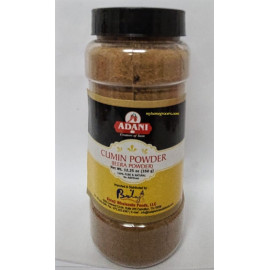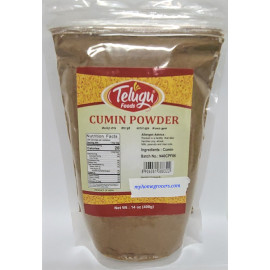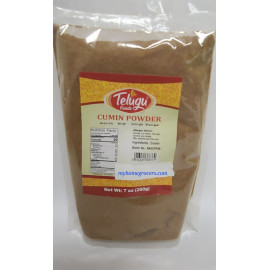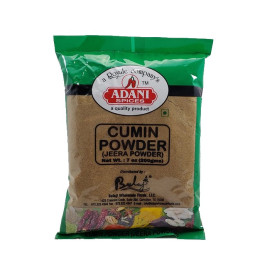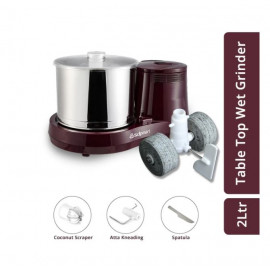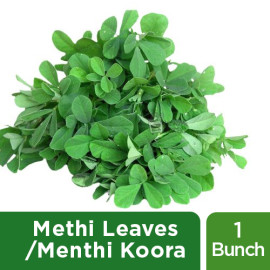CUMIN / JEERA / JEELAKARRA SEEDS LAXMI - 200 GMS / 7 OZ
OverView
Cumin is native to Egypt and has been cultivated in the Middle East, India, China and Mediterranean countries for millennia. Throughout history, cumin has played an important role as a food and medicine and has been a cultural...- ANAND SNACKS MIX AND MATCH OFFER
- Batters, Dairy & Poultry
- Beverages
- Breakfast Cereals
- BUY ANY 2 DAKSHIN EXPRESS SNACKS FOR $0.99
- Food Grains, Oils & Masala
- Fresh Made Food
- Frozen
- Fruits & Vegetables
- Meat
- PARAMPARA MASALA'S MIX AND MATCH OFFER
- Personal & Home Care
- Pooja & Festival Items
- SHAN MASALA MIX AND MATCH
- Snacks
- SPORTING GOODS & MISC.
- Sports & Miscellaneous
- Sweets & Dry Fruits
- TELUGU MASALAS AND READY TO EAT POWDERS MIX AND MATCH OFFER
- TELUGU SNACKS MIX AND MATCH
Your shopping cart is empty!
Product Description
Cumin is native to Egypt and has been cultivated in the
Middle East, India, China and Mediterranean countries for millennia. Throughout
history, cumin has played an important role as a food and medicine and has been
a cultural symbol with varied attributes.
Cumin was mentioned in the Bible not only as a seasoning for soup and
bread, but also as a currency used to pay tithes to the priests. In ancient
Egypt, cumin was not only used as a culinary spice, it was also an ingredient
used to mummify pharaohs.
Cumin seeds were highly honored as a culinary seasoning in
both ancient Greek and Roman kitchens. Cumin's popularity was partly due to the
fact that its peppery flavor made it a viable replacement for black pepper,
which was very expensive and hard to come by. Cumin was also noted for both its
medicinal and cosmetic properties. Its application to induce a pallid
complexion was frequently employed by many students trying to convince their
teachers that they had pulled "all-nighters" studying for their
classes.
Cumin is the dried
seed of the herb Cuminum cyminum. Cumin and caraway, as well as parsley and
dill, belong to the same plant family Umbelliferae. It is not really surprising,
they all do have similar health benefits with similar types of phyto-chemical
ingredients.
Its nutty peppery flavor packs a punch when it comes to
adding a nutty and peppery flavor to chili and other Mexican and Tex-Mex dishes
as well playing an important role in Indian and Middle Eastern cuisine where it
is a key component of curry pwdr. Cumin is available both in its whole seed
form and ground into a pwdr.
Health Benefits
It is probably not just for taste alone that cumin has made
it into the stellar ranks of world cuisine and not confined only in Indian,
Middle Eastern and Mexican cooking. This ordinary looking seed is anything but
ordinary when it comes to health benefits.
Iron for Energy and Immune Function
Cumin seeds are an excellent source of iron, a mineral that
plays many vital roles in the body. Iron is an integral component of
hemoglobin, which transports oxygen from the lungs to all body cells, and is
also part of key enzyme systems for energy production and metabolism.
Additionally, iron is instrumental in keeping your immune system healthy. Iron
is particularly important for men struating women, who lose iron each month
during menses. Additionally, growing children and adolescents have increased
needs for iron, as do women who are pregnant or lactating.
Seeds of Good Digestion
Cumin seeds have traditionally been noted to be of benefit
to the digestive system, and scientific research is beginning to bear out
cumin's age-old reputation. Research has shown that cumin may stimulate the
secretion of pancreatic enzymes, compounds necessary for proper digestion and
nutrient assimilation.
Cancer Prevention
Cumin seeds may also have anti-carcinogenic properties. In
one study, cumin was shown to protect laboratory animals from developing
stomach or liver tumors. This cancer-protective effect may be due to cumin's
potent free radical scavenging abilities as well as the ability it has shown to
enhance the liver's detoxification enzymes. Yet, since free radical scavenging
and detoxification are important considerations for the general maintenance of
wellness, cumin's contribution to wellness may be even more farther reaching.


